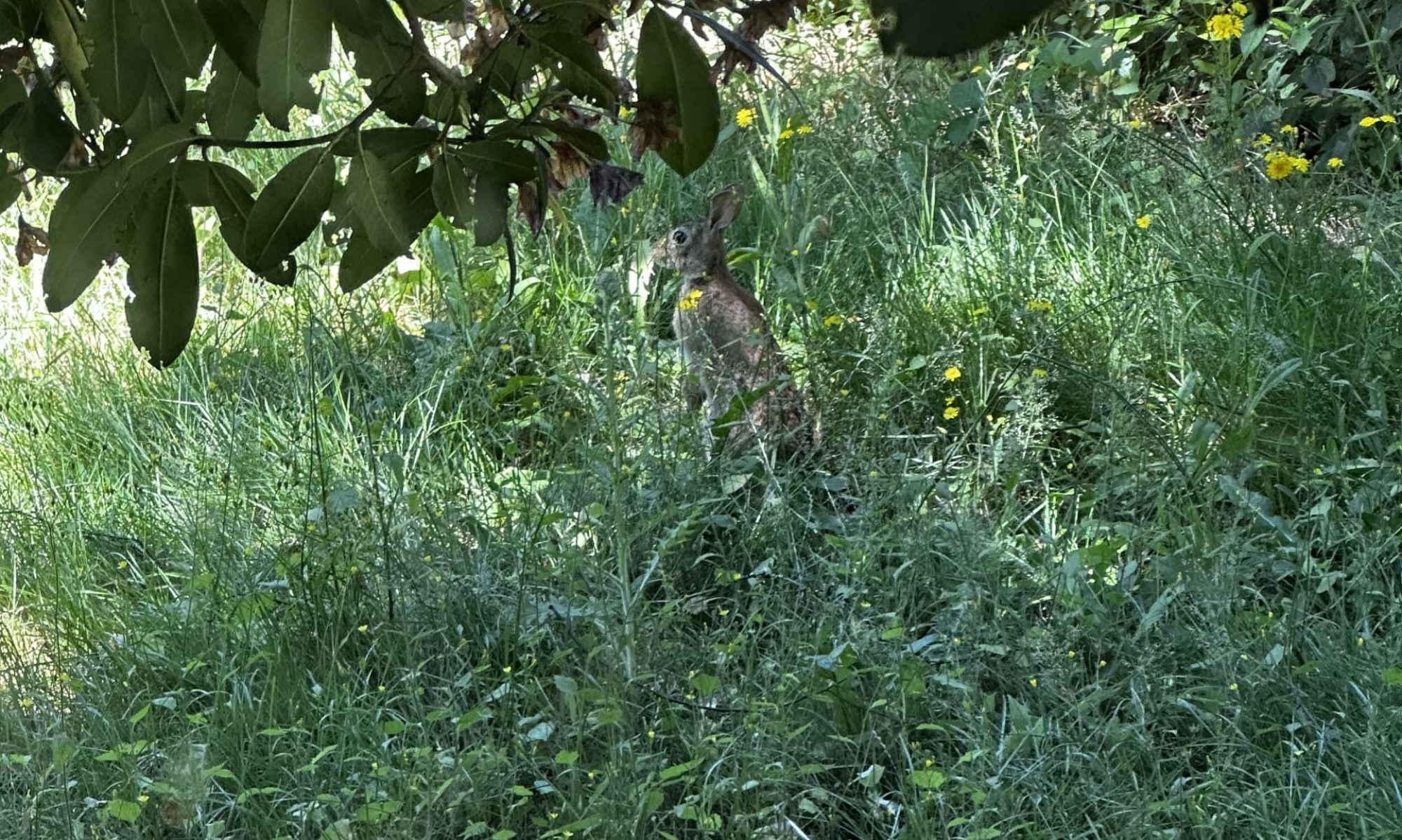Human freedom involves our capacity to pause between the stimulus and response and, in that pause, to choose the one response toward which we wish to throw our weight. The capacity to create ourselves, based upon this freedom, is inseparable from consciousness or self-awareness. ~Rollo May, The Courage to Create
Creating that space between stimulus and response is not an easy feat. It takes practice and intention. Those of us who live with trauma and highly activated sympathetic nervous systems (fight/flight), have a very clear understanding of how challenging it can be to create that space. To shift our ways of being from a wounded animal who simply lashes out at anyone or thing that comes near them to a more self aware and thoughtful response that is not fully based on our triggered emotional state.
Creating this space isn’t about not feeling our emotions and sensations. Instead it is about slowing down how we react to these emotions and sensations. It is slowing down when we are in a state of overwhelm and considering what all is contributing to those feelings, what we actually have control of, and how we want to be in these moments.
Most of us living with complex trauma not only have activated nervous systems that are either on extra high or extra low alert (or alternate between the two at rapid pace), we also have a visceral sense of not being heard. Those of us who experienced childhood trauma either were convinced to keep the “secret” by our abuser, or we told people and either they didn’t believe us, told us we were making it up, or told us to not complain and that it ‘wasn’t that bad’.
So not only do we have activated systems that see almost everything as a threat, we don’t know how to express our feelings – emotions and sensations – in a way that can be received by another. We either snap and yell or we totally shut down and “cut off” by not speaking or interacting with the person who we feel caused us harm. These reactions are automatic in some ways and they can be slowed down, we can slow ourselves down, and shift from the automatic reaction to a more intentional response.
It takes time and a willingness to practice self-regulation skills to come into your body. It won’t happen over night. We will all fall back on old habits from time to time. And these shifts in being can happen.
The shifts in our ways of being in the world aren’t always neat or easy or even pleasant. Sometimes the slowing down process can be incredibly uncomfortable.
We need to be willing to sit a bit in the unknown of shifting and transforming. To have the courage to move from the comfort of what we know into the possibilities of what is unknown to us outside of our imagination.
We were all raised in environments that taught us how to interact with others, either by example of how the adults treated each other or by how the adults treated us as children. These patterns and ways of being were likely passed down through generations. These cycles are entrenched in our psyches as well as our cellular memories. They run deep.
And.
We can break the patterns and cycles that have been passed down to us. We can shift our ways of being. We do not need to allow what has happened to us to define us or how we are in the world.
Yes, there are things we cannot change. Yes, this is not easy work.
And.
We can learn to calm and regulate our nervous system. We can learn to create that space between stimulus and response. We can learn to experience our feelings and to express them without causing harm to ourselves or to others.
It takes time, intention, and practice. It requires a willingness to live in that unknown in-between space that is so uncomfortable. We need to develop our self compassion.
Because at the end of the day we all need each other. So learning how to be in relationship with others, while maintaining boundaries, is an important part of our work.
/../
This essay was originally published in my weekly(ish) newsletter on July 8, 2018. It has been revised and edited for publication here. To receive my most recent essays you can subscribe here.
